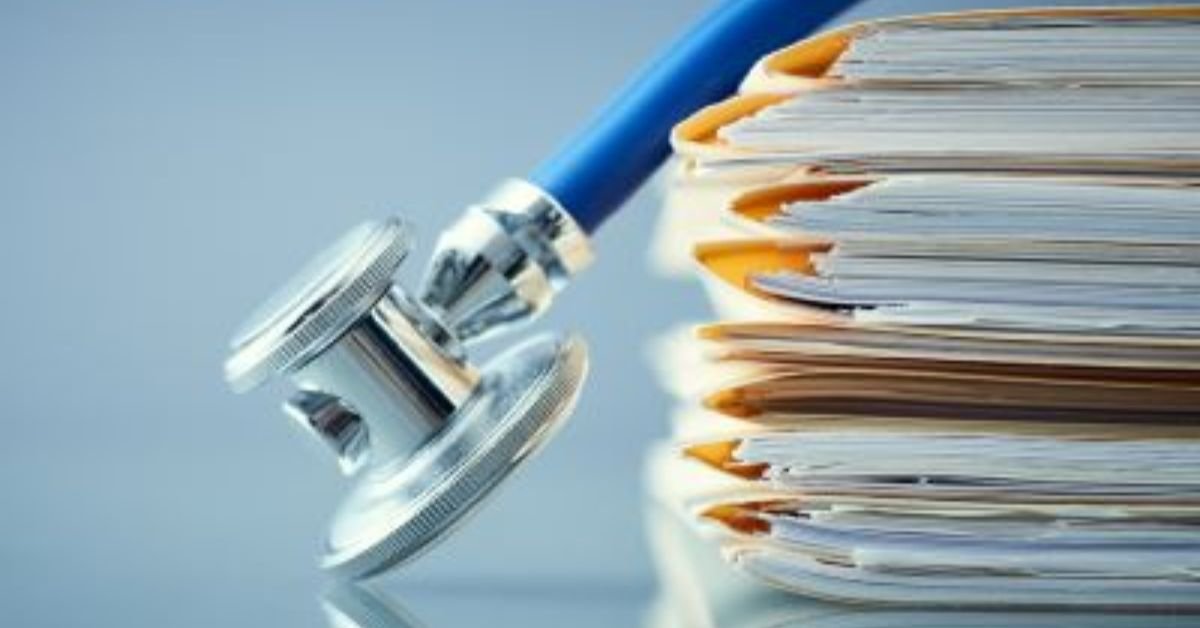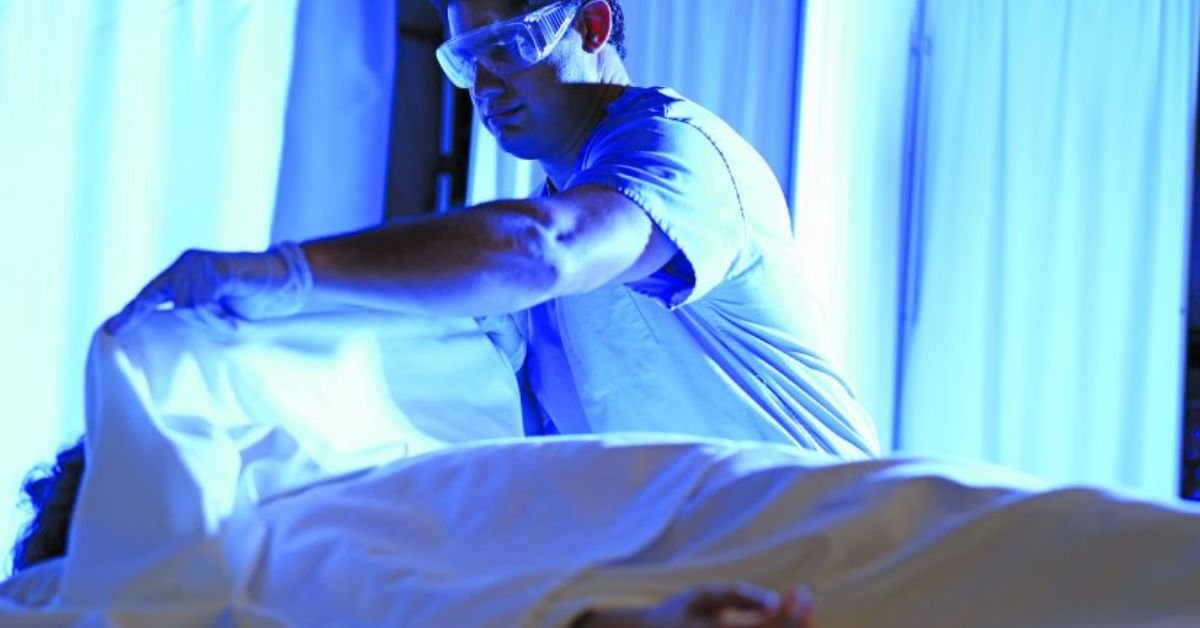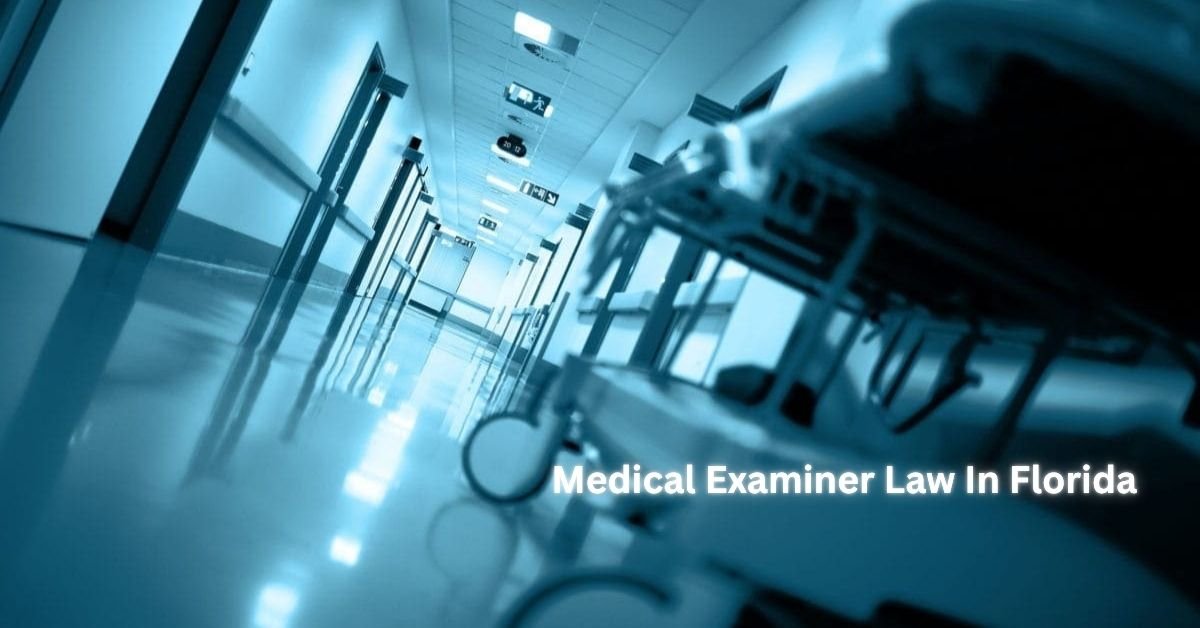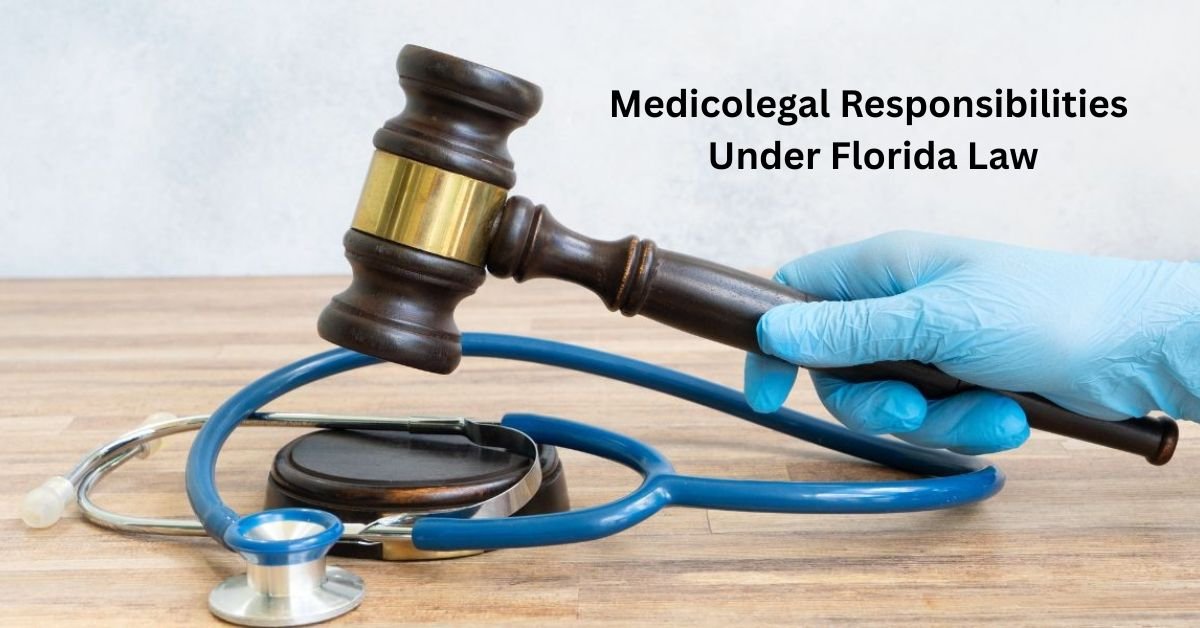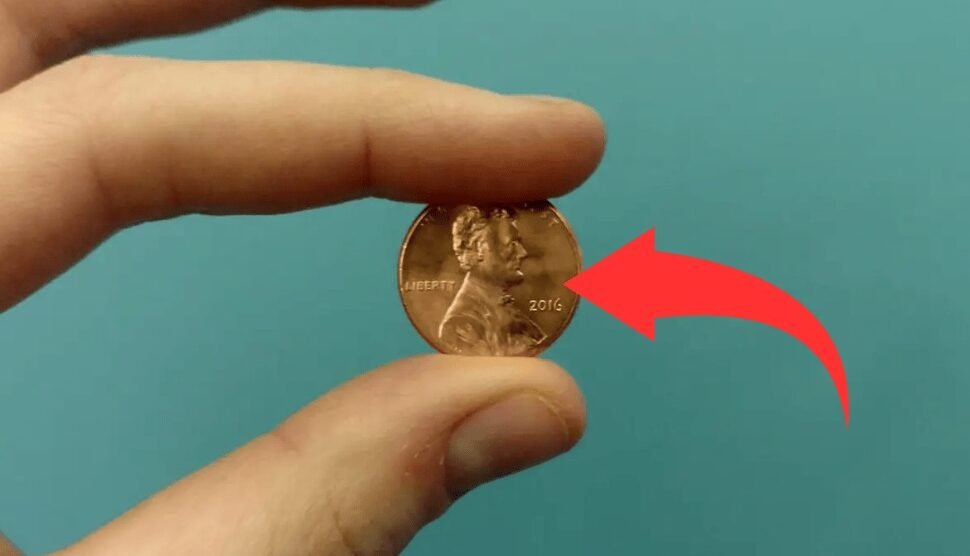Autopsies are a critical component of forensic and public health investigations in Florida. Governed primarily by Chapter 406 of the Florida Statutes, Florida’s autopsy laws outline when and how postmortem examinations must be conducted, the authority of medical examiners, and the legal and ethical boundaries surrounding the examination of deceased individuals.
This article offers a comprehensive overview of Florida autopsy law, including when autopsies are required, who may authorize or object to them, how findings are used, and what standards govern these procedures. A summary table is also provided for quick reference.
Legal Framework
Florida operates under a medical examiner system rather than a coroner system. This means that licensed physicians, typically forensic pathologists, are appointed to conduct medicolegal death investigations. The legal authority to perform autopsies is granted under Chapter 406, Florida Statutes, especially Section 406.11, which specifies the circumstances under which an autopsy may or must be conducted.
Oversight of all medical examiner activities is provided by the Florida Medical Examiners Commission (FMEC), a body under the Florida Department of Law Enforcement (FDLE).
When Are Autopsies Required?
Florida law mandates that autopsies be performed in a variety of circumstances to determine the cause and manner of death. These circumstances are explicitly listed under Section 406.11, and include:
- Violent deaths (e.g., homicide, suicide, accident)
- Sudden, unexpected deaths in apparent good health
- Deaths unattended by a physician
- Deaths in custody (prison, jail, or police)
- Occupational deaths or those related to hazardous exposures
- Deaths that may pose a public health threat
- Any death under suspicious or unusual circumstances
Florida Autopsy Law (Key Provisions)
| Legal Element | Statutory Basis / Guideline | Explanation |
|---|---|---|
| Required Autopsies | §406.11, Florida Statutes | Mandated in cases involving violence, sudden death, custody, or public health. |
| Medical Examiner Authority | §406.11; §406.12 | May take possession of the body and order autopsy regardless of family consent. |
| Religious/Familial Objection | §406.11(3), Florida Statutes | May be overridden if criminal or health concerns exist. |
| Autopsy Documentation | §406.13, Public Records Laws | Full autopsy reports are public; photos/videos are generally exempt. |
| Cremation Approval | §406.11(1)(c) | Medical examiner must approve before cremation can occur. |
| Oversight and Regulation | §406.02; Florida Administrative Code | Florida Medical Examiners Commission ensures compliance and reviews complaints. |
| Mass Fatality Procedures | Emergency Management Plans; DOH Guidelines | Medical examiners coordinate response and identification in disaster scenarios. |
| Public Access to Reports | Chapter 119, Florida Statutes | Reports are public unless sealed due to criminal or privacy concerns. |
Authority of the Medical Examiner
A District Medical Examiner is legally empowered to determine when an autopsy is necessary and to carry it out independently of family or law enforcement preferences. The medical examiner may:
- Collect biological samples for toxicological or genetic testing
- Retain organs or tissues temporarily for analysis
- Submit findings to the State Attorney, law enforcement, or Department of Health
- Serve as an expert witness in legal proceedings
Medical examiners must hold a valid Florida medical license and are generally board-certified in forensic pathology.
Autopsy Procedures and Standards
Although Chapter 406 does not prescribe detailed technical methods, Florida autopsies follow guidelines provided by the Florida Medical Examiners Commission, the National Association of Medical Examiners (NAME), and the American Board of Pathology. A standard forensic autopsy in Florida includes:
- Full external and internal examination
- Organ dissection and weighing
- Toxicology, histology, and radiology tests (as needed)
- Photographic documentation of findings
- Comprehensive reporting
Autopsies are conducted at accredited district medical examiner offices equipped with forensic laboratories and morgues.
Family and Religious Objections
While Florida recognizes the importance of religious and personal beliefs, these do not automatically prevent an autopsy from being conducted. Section 406.11(3) allows medical examiners to proceed if the death involves:
- Criminal activity
- Risk to public health
- Circumstances requiring scientific inquiry to determine the cause of death
If objections are raised, families may request a delay or review, but overriding interests of justice and health usually prevail.
Cremation Procedures
Before any body can be cremated in Florida, the law requires that the District Medical Examiner review and sign off on the death. This is to ensure that no suspicious or unnatural cause of death is overlooked. If the cause of death is uncertain, the examiner may require further examination or a full autopsy.
Access to Autopsy Reports
Under Florida’s Sunshine Laws and Chapter 119, Florida Statutes, most autopsy reports are public records. However, certain materials are exempt, such as:
- Photographs and videos from autopsies
- Active criminal investigation materials
- Identifiable medical or mental health information
- Deaths of minors, where privacy rights are heightened
Requests must be submitted to the respective medical examiner district office and are typically granted unless restricted by law or court order.
Mass Fatalities and Emergency Autopsies
In the event of mass fatalities—such as hurricanes, transportation disasters, or terrorist attacks—Florida’s medical examiners coordinate identification and autopsy procedures in partnership with the Department of Health and Emergency Management agencies.
In such cases, the following procedures may be modified or fast-tracked:
- Establishment of temporary morgues
- Use of rapid DNA and fingerprint identification
- Cross-jurisdiction coordination and federal agency involvement
- Streamlined cremation or release protocols for families
Oversight and Accountability
The Florida Medical Examiners Commission (FMEC) ensures that autopsies are performed ethically, professionally, and in compliance with legal standards. The Commission has the authority to:
- Approve or deny medical examiner appointments
- Review annual district reports and audits
- Investigate complaints or procedural violations
- Recommend discipline or removal of non-compliant medical examiners
Florida maintains a strong reputation for forensic accuracy and transparency due to this regulatory framework.
Legal and Civil Applications of Autopsy Findings
Autopsy reports and findings are critical in a variety of legal contexts:
- Criminal cases: used as evidence in homicide, assault, and overdose investigations
- Civil litigation: support claims in wrongful death, medical malpractice, and insurance disputes
- Public health: track disease outbreaks, environmental hazards, and injury patterns
Given their evidentiary weight, autopsies must be meticulously documented and performed with full objectivity and scientific rigor.
Conclusion
Florida’s autopsy laws, primarily codified under Chapter 406 of the Florida Statutes, form a well-regulated and transparent system for investigating deaths. By ensuring that qualified physicians lead postmortem investigations, and that procedures are both medically and legally sound, Florida upholds its obligations to justice, public safety, and family rights.
The inclusion of safeguards for public access, religious considerations, and regulatory oversight reflects a balanced approach that respects individual dignity while ensuring professional accountability.
References
- Florida Statutes Chapter 406 – Medical Examiners; Disposition of Human Remains: https://www.leg.state.fl.us/statutes
- Florida Medical Examiners Commission: https://www.fdle.state.fl.us/MEC
- Florida Department of Law Enforcement (FDLE): https://www.fdle.state.fl.us
- National Association of Medical Examiners (NAME): https://www.thename.org
- Florida Public Records Law – Chapter 119, Florida Statutes

